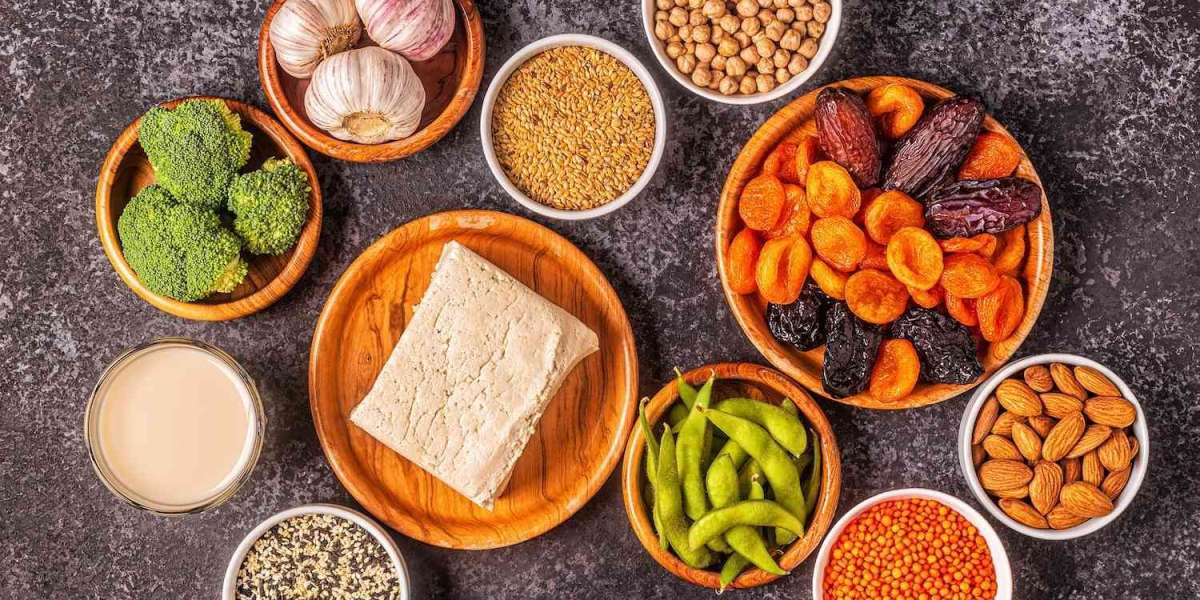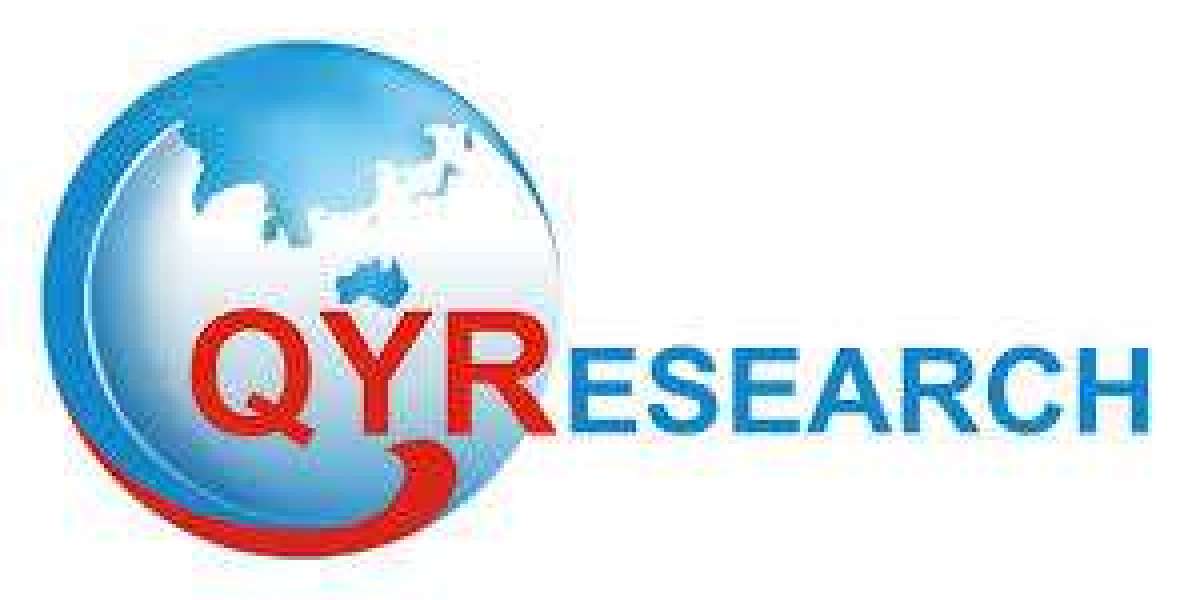Feeling out of balance? Your estrogen levels might be the reason. Estrogen is an important hormone that plays a key role in the female reproductive system, mood regulation, bone health, and more. Whether you are managing symptoms of menopause, dealing with irregular periods, or looking to improve fertility, eating estrogen-rich foods can support your hormonal health naturally.
In this blog, the best gynaecologist in Gurgaon provides insight into the estrogen enriched foods, their health benefits, and how to add them to your daily diet.
1. Soy Products
Soy foods are full of isoflavones, a natural compound that acts like estrogen in the body. These can help balance hormones gently and naturally. Soy is safe when consumed in moderation and is a powerful plant-based protein.
- Examples: Tofu, soy milk, tempeh, edamame, soybeans
- Benefits: Helps reduce hot flashes and night sweats during menopause, improves bone density, and supports heart health
- How to Use: Add tofu to stir-fries, enjoy a glass of soy milk, or toss edamame into salads
2. Flaxseeds
Flaxseeds are the richest source of lignans, a group of phytoestrogens supporting gut health. They also contain omega-3 fatty acids, which fight inflammation and help with hormonal balance. Always crush flaxseeds before consumption to improve absorption.
- Benefits: Supports healthy estrogen metabolism, improves skin health, and promotes regular bowel movements
- How to Use: Add ground flaxseeds to smoothies, yogurt, oatmeal, or homemade energy bars
3. Sesame Seeds
Sesame seeds are another wonderful source of lignans and phytoestrogens. They are also packed with zinc, magnesium, and healthy fats, which help in hormone production. These tiny seeds pack a powerful nutritional boost in every bite.
- Benefits: Supports estrogen balance, improves cholesterol, and adds fiber to your diet
- How to Use: Sprinkle sesame seeds on salads, curries, or vegetables, or use tahini as a dip or sauce
4. Chickpeas
Chickpeas are the best source of plant-based protein and isoflavones, making them ideal for anyone following a vegetarian or hormone-friendly diet. They are a great option for vegetarians and also provide B vitamins and minerals that keep you healthy.
- Benefits: Supports hormonal health, helps manage blood sugar and improves digestion
- How to Use: Enjoy chickpeas in hummus, roasted for snacks, or added to stews and grain bowls
5. Alfalfa Sprouts
Alfalfa sprouts have coumestans, a type of natural plant estrogen that is not as well known. Though low in calories, they’re loaded with nutrients like vitamin K and folate. Their subtle flavor makes them a simple addition to a variety of meals.
- Benefits: Aids in natural estrogen balance and supports bone health
- How to Use: Add fresh alfalfa sprouts to sandwiches, wraps, or salads to give them a light, crunchy texture.
6. Lentils
Lentils are rich in protein, fiber, and natural plant estrogens, known as phytoestrogens. They also help stabilize blood sugar, which plays an important role in hormonal balance. They are also high in iron and folate, which are important for women’s health
- Benefits: Promotes digestive health, balances estrogen, and supports weight management
- How to Use: Add to soups, curries, dals, or make lentil-based veggie patties
7. Apples
While not as potent as flax or soy, apples contain modest amounts of phytoestrogens, along with antioxidants like quercetin that support overall hormonal health. Keeping the peel on apples gives you extra fiber and nutrients.
- Benefits: Fights oxidative stress, aids digestion, and supports hormone detox
- How to Use: Enjoy as a snack, add to salads, or blend into smoothies
8. Berries
Strawberries, raspberries, and cranberries are not only delicious but also rich in phytoestrogens and antioxidants that support hormone regulation. Berries also contain fiber, which helps eliminate excess hormones through the digestive system.
- Benefits: Reduces inflammation, supports healthy skin, and promotes hormonal balance
- How to Use: Add to breakfast bowls, smoothies, or eat fresh as a snack
9. Dried Fruits
Dried fruits like dates, prunes, and apricots contain concentrated amounts of phytoestrogens along with necessary vitamins and minerals.
- Benefits: Supports hormonal function, provides natural energy, and improves digestion
- How to Use: Eat a handful as a snack, add to oatmeal, or use in baking recipes
While dried fruits are healthy, they are high in calories, so it is best to enjoy them in moderation.
10. Whole Grains
Whole grains such as brown rice, oats, quinoa, and barley are not only rich in fiber but also contain lignans, aiding in estrogen metabolism.
- Benefits: Supports hormone regulation, improves gut health, and stabilizes blood sugar
- How to Use: Use as a base for grain bowls, in breakfast porridge, or as side dishes
Their complex carbohydrates offer long-lasting energy and hormonal stability.
Conclusion:
Eating estrogen-rich foods like soy, flaxseeds, chickpeas, and whole grains can help naturally balance your hormones and improve overall well-being. These nutrient-packed options support everything from mood and skin to menstrual and bone health. Start small by adding a few of these foods to your daily meals. Over time, they can make a big difference. Concerned about hormonal imbalance? Book a consultation with a gynaecologist near you at Miracles Healthcare Hospital and get expert guidance on restoring your hormonal health naturally.



